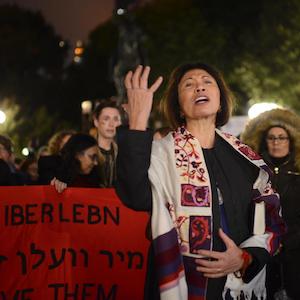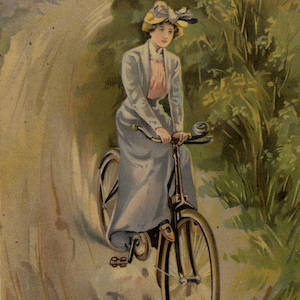Modern (1800 CE - 1950 CE)

Jewish Women's Archive
The Jewish Women’s Archive (JWA), a national non-profit organization, seeks to collect and promote the 'extraordinary stories of Jewish women.'
Canadian Women's History
There is also a great deal of material on the foundation of female education and on the women’s suffrage movement.
Emory Women Writers Resource Project
The subjects covered are diverse and include commentaries on such topics as nature, native-white relations, emancipation, imperialism, social and sexual mores, wet nursing, Christianity, and women’s suffrage.Komori [Nursemaid] Songs (kazoe-uta)
During the modern Imperial period (1868-1945), daughters of poor Japanese families worked as komori taking care of their own siblings or working as indentured servants for other poor families.

Louisa's World
[Instructors] might invite students to reconstruct Collins’s expectations and attitudes towards various topics, tracing perspectives that she noted as exceptional.Two Field Interviews
British colonialism in what became Kenya began officially in 1895 and lasted until 1963, but the Maasai themselves were not effectively under British rule until just before the First World War.
District Commissioner, Narok to Officer in Charge, Masai Reserve
British colonialism in what became Kenya began officially in 1895 and lasted until 1963, but the Maasai themselves were not effectively under British rule until just before the First World War. This letter is one of a series concerning a riot at Rotian on the Masai Reserve in 1935.
The Scouts' War Dance: Sir Robert Baden Powell's adaptation of a Zulu chant
Like much of the public in turn-of-the-century Britain, Baden Powell was fascinated by "primitive" cultures. Although he claimed an expert knowledge of Africa from his service in colonial wars, Baden Powell was hardly an authority on Zulu customs.
An Appeal for African Scouts: Canon William Palmer to Imperial Scout Headquarters
Almost immediately after learning of Baden Powell's creation of the Boy Scout Movement in 1907, the leaders of African and ethnically mixed communities (known as "Coloureds" in South Africa) began to found their own informal scout troops.
A New Development in the Scout Movement in South Africa
This article by Baden Powell in a 1936 issue of the Journal of the Royal African Society refers to the compromise in South Africa that split scouting into four racially based "sections": European, Coloured, Indian, and African.